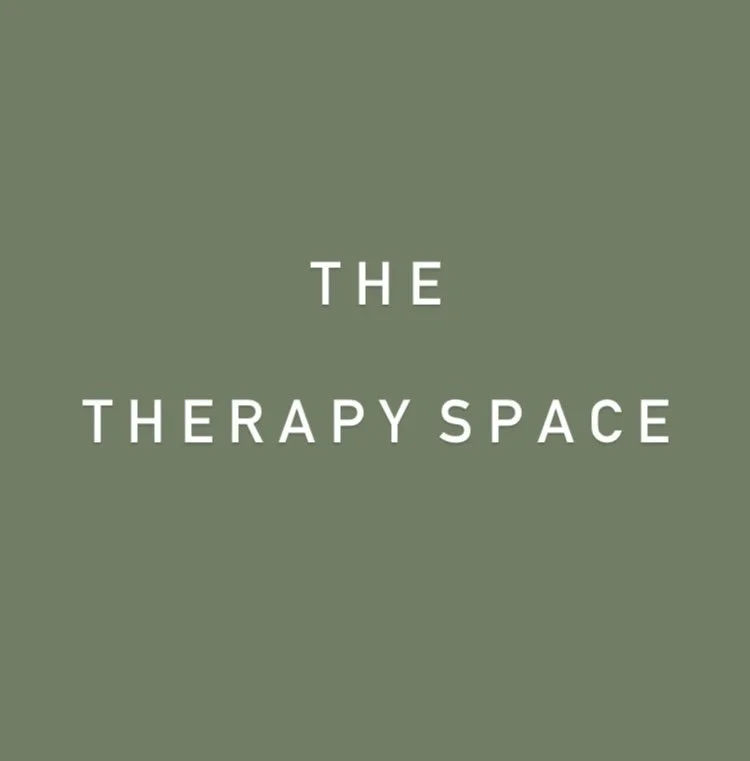Mindfulness
Mindfulness is when we pay attention on purpose. For example, reading a book without checking for mobile phone notifications. Mindfulness is being mentally present and noticing when thoughts, emotions, or physiological changes in our body occur in response to the present moment.
Mindfulness to Respond vs. React
By developing self awareness of cognitive, emotional and physiological changes that arise during day-to-day experiences, we have the ability to re-shape how we engage in each moment. Meaning we can learn to employ strategies that can transform instant reactions to become considered responses. Through mindfulness, we develop the mental skill that enables us to overcome the brains hardwired prehistoric traits that are constantly searching for threats. Instead, strengthening neural pathways associated with calm and rational though processes that enable us to recognise discomfort as non-threatening. Therefore, mindfulness is essential for enhancing how we interact with others and the world around us.
The Brain
The human brain has evolved throughout time to become incredibly sophisticated. The development of the prefrontal cortex enables us to problem solve through creative and logical thinking, rationalise, reason, make decisions, exercise impulse control and emotional regulation. However the brain naturally oscillates from being in the present moment to thinking about the past or future and it does this A Lot (almost 50% of the time), let’s call this mind wandering. When we are mind wandering, we are mostly thinking negative thoughts, and for some, rumination can be detrimental to well-being and mental health. This is because the brain can’t distinguish a thought from reality and releases chemicals that influence emotional responses and exacerbate feelings of, for example, anxiety or low mood. Mindfulness breaks this pattern by fostering an awareness that prevents thoughts from becoming controlling. Meditation is one of many mental skills that is used to develop mindfulness.
Meditation
Meditation is the practice of focusing our attention on something specific. There are many meditation approaches, and each one has its own focus. For example, the focus can be on breathing, noticing sounds, acknowledging arising thoughts, progressive muscle relaxation, mantras, etc. Meditation is not about having an empty mind. It is about training the mind to notice when thoughts, emotions, or physiological changes are present without engaging in thought towards the experience or sensation.
Mindfulness + Meditation Benefits
Mindfulness and meditation are sustainable, healthy lifestyle practices. However, they do require consistency to develop the patience to continue with practice. Practice can be difficult and frustrating at times, especially in the beginning, but the benefits far outweigh the early challenges. A consistent mindfulness and meditation practice is evidenced to reduce stress and anxiety, improve concentration and memory, develop creative and flexible thinking, and enhance positive emotions, resilience, and confidence in coping abilities. Empathy, emotional intelligence, relationships, and general and chronic health conditions also improve with daily mindfulness and meditation practice.
I recommend these Ted Talks to further understand the benefits of mindfulness and meditation:
Richard J. Davidson TEDxSanFrancisco: How Mindfulness Changes The Emotional Life of Our Brains
Sara Lazar TEDxCambridge: How Meditation Can Reshape Our Brains
Currently, I facilitate small group Mindfulness + Meditation classes in Central West NSW and online. To join online Click Here
I believe well-being support should be accessible to everyone. If you are experiencing financial hardship, please don’t let this be a barrier to joining my classes. Contact me to discuss options.
